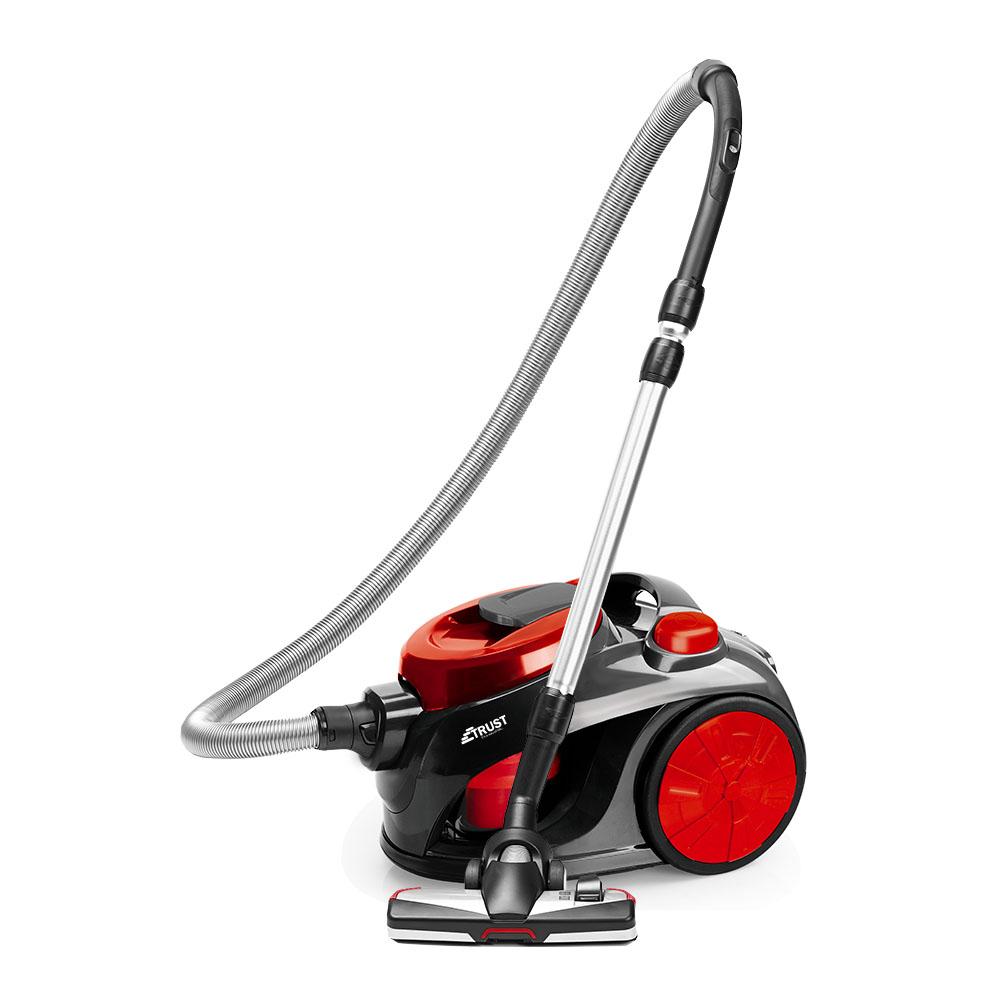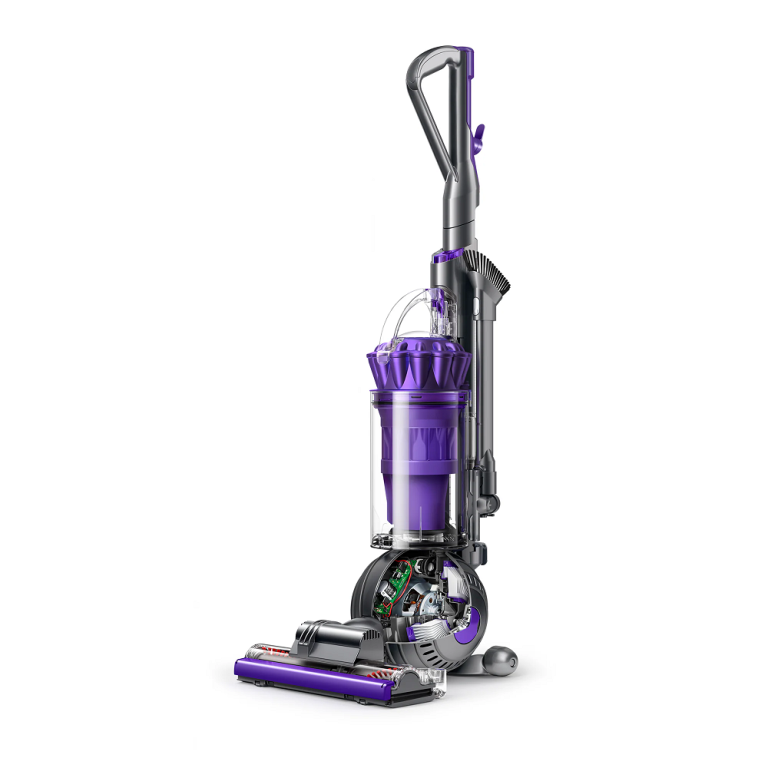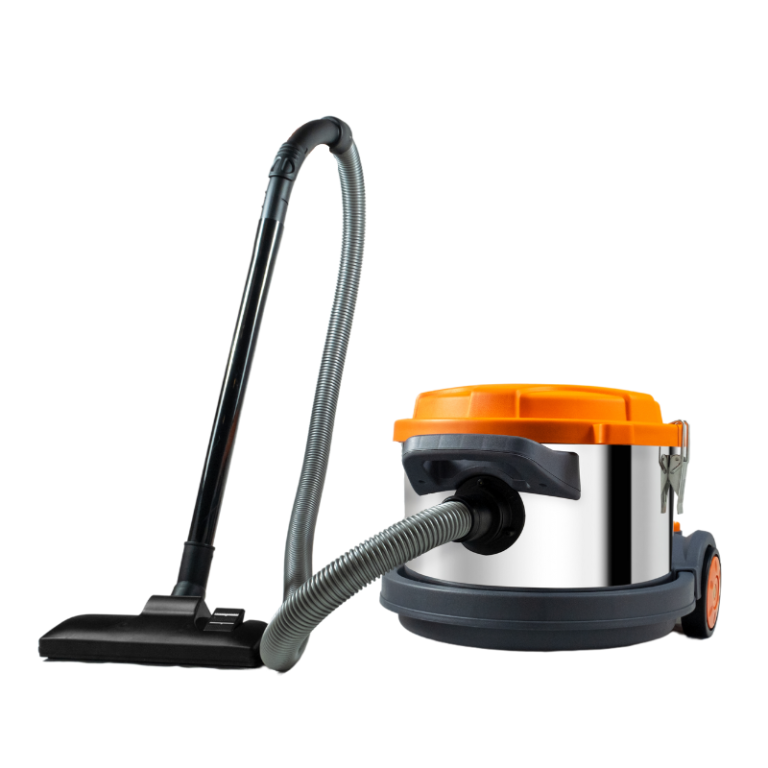When it comes to household chores, vacuuming is often at the top of the list. However, many people overlook an essential factor when choosing a vacuum cleaner: its noise level. The loudness of a vacuum cleaner can significantly impact your cleaning experience, particularly for those living in shared spaces or with noise sensitivity. How loud is a vacuum cleaner? This article will guide you through understanding vacuum cleaner noise levels, how to evaluate different options, and why finding the right balance between performance and noise is critical for your home environment.
Understanding Decibels and Noise Levels
What Are Decibels?
How loud is a vacuum cleaner? The loudness of sound is measured in decibels (dB). Understanding this measurement is crucial, as it allows you to compare different vacuum models. For reference, standard conversation levels register around 60 dB, while a vacuum cleaner typically ranges from 60 dB to over 85 dB.
At around 70 dB, most vacuums produce a sound level that’s somewhat tolerable for short bursts of time, though prolonged exposure could become bothersome. When decibel levels climb above 80 dB, the sound can be discomfortable and may even lead to hearing damage over time with continuous exposure.
How Noise Levels Affect User Experience
When you select a vacuum cleaner, consider the noise level’s impact on your everyday life. A quieter vacuum cleaner can make cleaning less of a chore and more enjoyable. It allows you to talk on the phone or listen to music without interruption. For families with small children, a quieter model might help avoid waking a sleeping child or startling pets.
Noise sensitivity differs from person to person, so understanding your personal tolerance for sound will help you select the best option. Evaluating how the vacuum’s noise levels fit into your lifestyle is critical for a satisfying purchase.
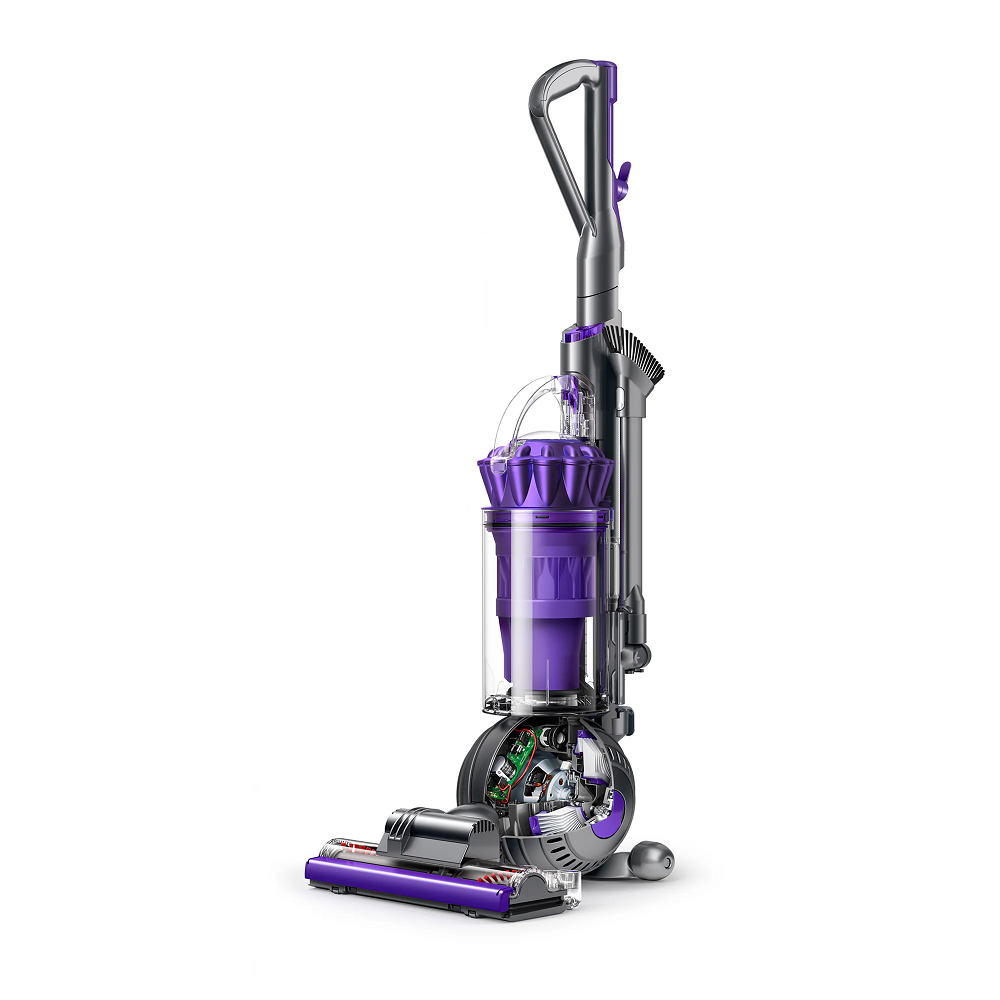
Evaluating Noise Levels Across Different Types of Vacuums
Upright Vacuum Cleaners
Upright vacuum cleaners are popular for their powerful suction and large capacity. However, noise levels can vary significantly among models. Many upright vacuums average between 70 dB and 80 dB, which may become loud during extended cleaning sessions.
Some higher-end models incorporate sound dampening technology, significantly reducing their operational noise. While these units might come at a premium, the reduced sound output can enhance your cleaning experience. Always check the specifications for the noise levels listed by manufacturers when considering an upright vacuum.
Canister Vacuum Cleaners
Canister vacuums are known for their portability and versatility. Generally, they produce lower noise levels than upright models, often ranging from 60 dB to 70 dB. Many brands design canister vacuums with quieter motors and enclosed bodies, minimizing sound output while maintaining effective suction.
If you prioritize noise reduction in your vacuum cleaning routine, consider a canister model. The flexibility in design and quieter operation can make them an excellent choice for homes where peace and quiet are essential.
Robotic Vacuum Cleaners
Robotic vacuums bring convenience to your cleaning routine. These models usually operate at lower decibel levels, averaging between 55 dB and 65 dB. Their automated cleaning cycles allow them to work quietly while you’re away or busy with other tasks, making them ideal for those seeking unobtrusive cleaning solutions.
While robotic vacuums offer lower noise levels, be aware that their suction power may not compete with traditional models. They work best as supplemental cleaning tools rather than total replacements for more powerful vacuums.
Assessing Features that Influence Noise Levels
Motor Type and Design
The type of motor used in vacuum cleaners plays a significant role in noise levels. Brushless motors generally operate more quietly than traditional brushed motors. Investing in a model with a brushless motor can reduce sound output while providing efficient suction power.
In addition to the motor type, the vacuum’s design can also influence noise levels. Some models include sound insulation or dampening materials in their construction, reducing noise production during operation. Look for features explicitly mentioning noise reduction or sound insulation in the specifications to help guide your choice.
Suction Power and Adjustable Settings
Vacuum cleaners with adjustable suction settings can help manage noise levels. Lowering the suction power significantly reduces the loudness of the machine, making it more suitable for noise-sensitive environments. If you’re cleaning delicate surfaces or areas where noise is a concern, having control over suction can make a considerable difference.
Evaluate the types of surfaces you plan to clean with your vacuum cleaner. If you mostly clean carpets, high suction power may be necessary. However, if your primary cleaning needs involve hard floors or upholstery, a lower suction setting will suffice, allowing for both effective cleaning and reduced noise levels.
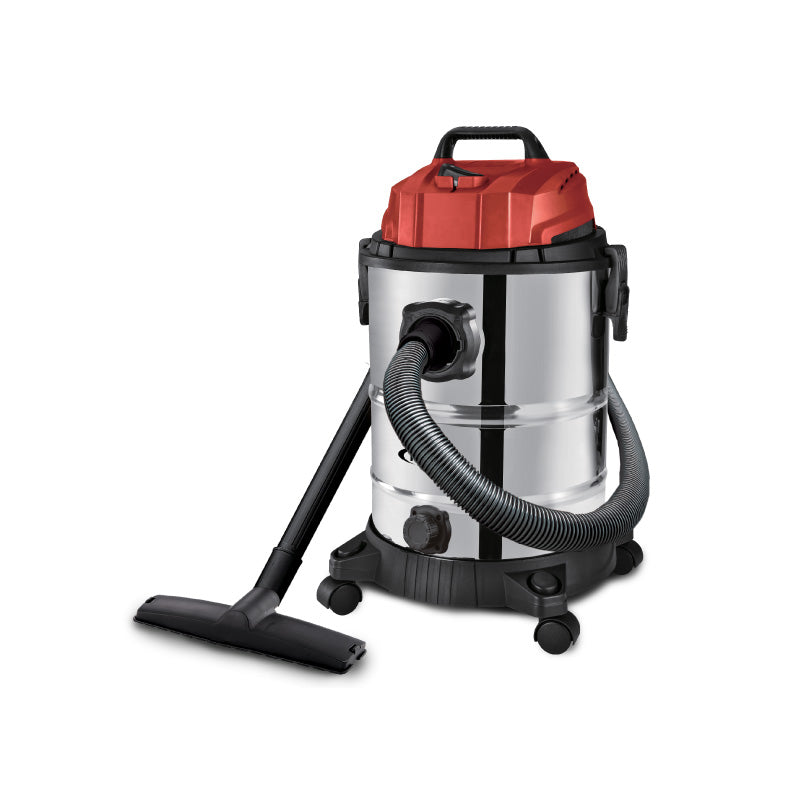
Testing Vacuums Before Purchase
Retail Experiences
When shopping for a vacuum cleaner, take the opportunity to test various models in-store. Retail stores often have operational demonstrations set up, allowing you to gauge the noise level of each vacuum. Pay attention to how comfortable you feel regarding the sound during typical vacuuming scenarios.
If you sense that a vacuum is too loud, it’s essential to consider that sound may magnify once you bring it into your home environment. Factors like flooring type and room acoustics can enhance or dampen sound. In-store trials can provide a valuable perspective, but also think ahead to your home setting.
Customer Reviews and Feedback
Read customer reviews on various vacuum models to gather insights on noise levels in real-world conditions. Users frequently mention noise levels in their reviews, providing a clearer picture of how loud the vacuum operates over time.
Consider reviewing videos or customer testimonials to capture the sound levels more effectively. When possible, research vacuum noise levels on forums where consumers share honest feedback from their experiences. Engaging with these resources can yield essential details that retailers may not emphasize.
Comparing with Industry Standards
Noise Ratings and Association Guidelines
As you evaluate options, familiarize yourself with industry standards and sound ratings. Organizations like the American National Standards Institute (ANSI) often provide guidelines for measuring sound levels. Some manufacturers follow these standards, which can aid you in comparing models across brands.
Choosing a vacuum cleaner that complies with industry standards can help ensure optimum performance while adhering to acceptable noise levels. It can also give you reassurance that you’re investing in a reliable product that emphasizes user comfort and adherence to noise regulations.
Make the Comparison
When comparing brands, look for independent tests and evaluations that specify exact noise levels in various conditions. Examine how brands stack up against competitors. This research will enable you to make an informed decision and understand the significance of noise levels within the broader context of how these vacuums perform.
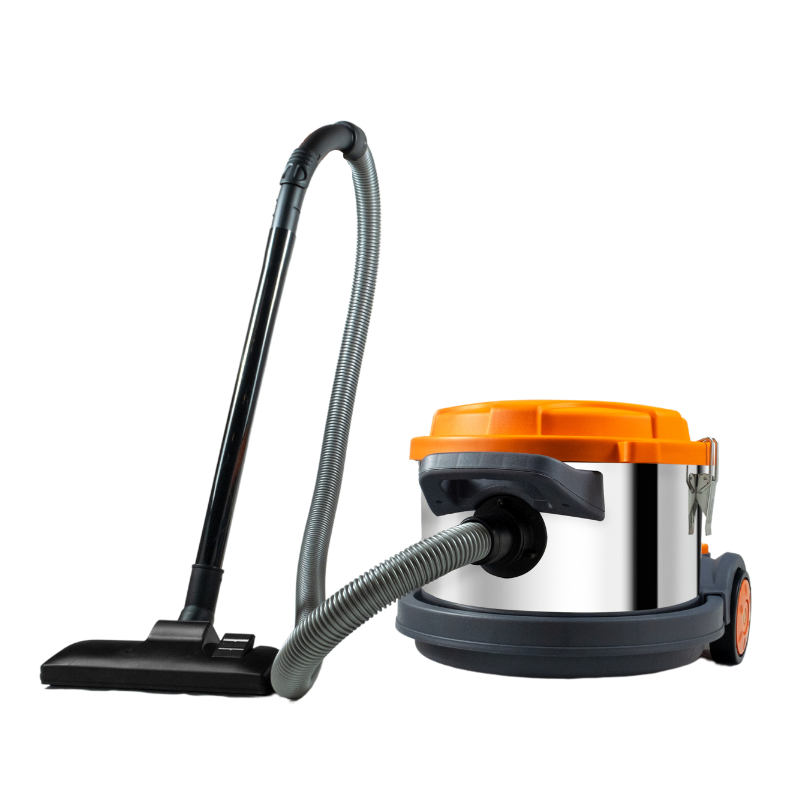
Exploring the Impact of Noise on Lifestyle
Loud Vacuums and Quality of Life
The choice of vacuum noise levels can impact your quality of life. Continuous exposure to loud noises can lead to frustration and fatigue. This effect is particularly pronounced if you live in apartment buildings or households with children or elderly residents. Vacuuming during early mornings or late evenings might disrupt the schedules of other family members.
Opting for a quieter vacuum cleaner can ease these concerns, allowing you to clean your space without disturbing others. Imagine easily vacuuming at any time of the day while your family goes about their routine—this convenience enhances the overall home atmosphere, creating a more pleasant environment for everyone.
Cleaning Schedule Considerations
Consider how noise levels may affect your cleaning schedule. If you have a busy lifestyle, quieter vacuums can help you fit cleaning tasks into your daily routine without the added pressure of being disruptive. This flexibility allows you to maintain a clean home life without creating additional stress or inconvenience for yourself or your family members.
Finding a vacuum that aligns with your lifestyle can lead you to build persistent cleaning habits, even during hectic days. Ultimately, a low-noise vacuum encourages a more consistent cleaning regimen.
Making the Right Choice
How loud is a vacuum cleaner? When deciding how loud a vacuum cleaner should be, consider the variety of factors discussed in this article. Understanding decibel levels, evaluating models based on their performance and features, and weighing your personal preferences will help you make an informed choice.
Prioritize your unique needs and consider how often you’ll use the vacuum, the size of your living space, and your household dynamics. Different types of vacuum cleaners provide various noise levels and features, giving you many options to select from.
By analyzing all these aspects, you can find a vacuum cleaner that suits your lifestyle while effectively managing noise levels. How loud is a vacuum cleaner? The investment in the right vacuum cleaner can improve not just your cleaning experience but also the overall harmony of your home environment. Enjoy the peace and quiet that comes with making the right choice!
